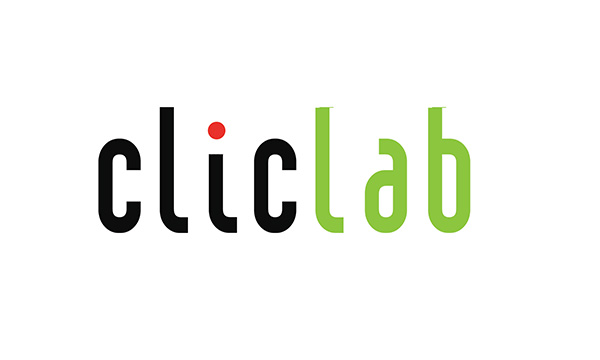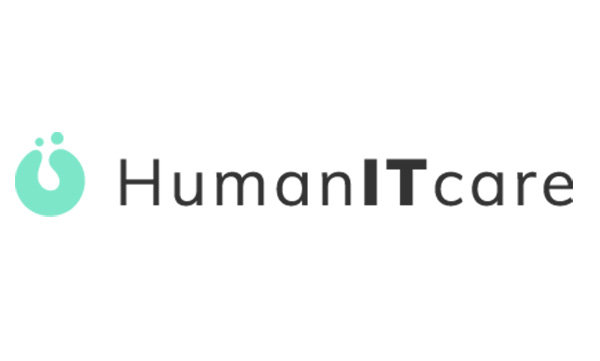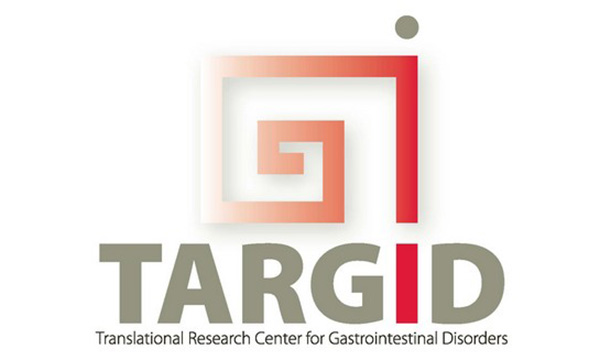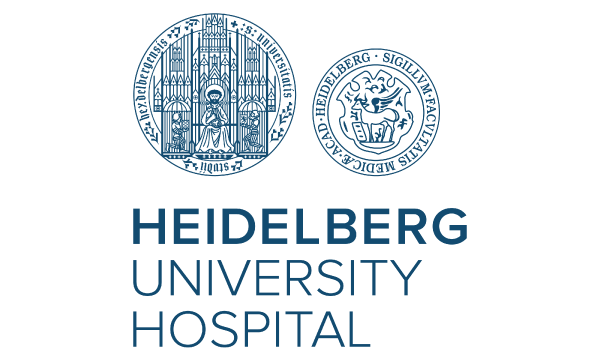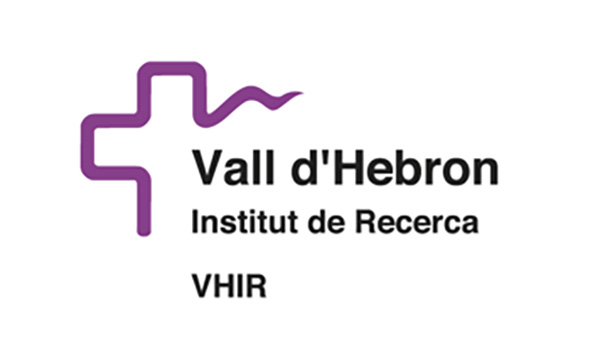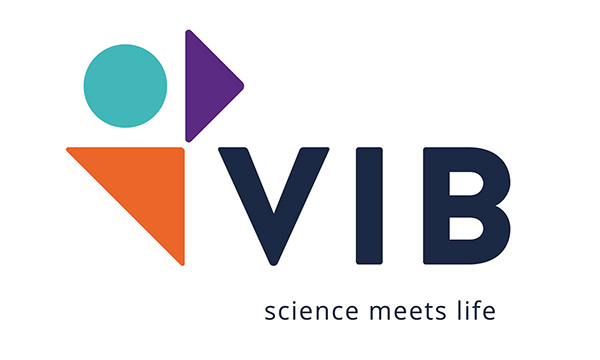USER BOARD (ub)
Main DISCOvERIE project need to ensure that every stakeholder with a potential interest in the project gains empathy for the end users. User research methods help produce data and insights that are not based merely on assumptions, but rather on the motivations, needs and goals of the users. The methods will be used at every stage of the DISCOvERIE design process to keep product development work on track and in line with business and users’ needs. The Users Board includes representatives of stakeholders, patient representatives, large pharmaceuticals, healthcare experts, international organisations, national institutions and policy makers and our objective appointed to forge long lasting strategic alliances and convert them into full-blown supporters and advocates for our research. The initial panel composition was voted on the kick off meeting, which took place on 6-7thof February 2020, following a suggestion gathering exercise. For instance, the panel is composed of 4 representatives among all stakeholders. Two of them would attend virtually and two of them in person.
- User Requirements: provide to ensure accuracy, representativeness, relative importance/weight in the work
- Objectives: review and assess
- Results: review
- The position of DISCOvERIE in the European and international context
Considering gender, geographic balance and to involve stakeholders from various sectors, the General Assembly voted for:
-1 Member of pharmaceutics industry
-1 Politician/ National or International Policy-Maker
-3 Patients Representatives/Members of patients associations.
Members:
Alem MUMINOVIC has 20 years of diverse professional experience spans medical devices, venture capital and, for the last 7 years, pharmaceuticals. During this time, he has had the opportunity to learn and to apply strategic and operational skills sets. The early phase of his career in a medical devices start-up began to hone his skills in Finance, Marketing and Sales. Subsequent multi-national company experience provided him with my first exposure to global brand management. After obtaining his MBA, he then had opportunity to work in the venture capital industry with the responsibility of evaluating technology start-ups, leading investment activities and overseeing the performance of portfolio companies.
His pharmaceutical career truly began in 2012 when he joined Pfizer as Strategy and Business Development Lead in Mexico. In January 2015 he took the role of National Sales Manager with a diverse portfolio of over 25 products, spanning multiple therapy areas and business segments. Focus was on building our marketing and sales efforts capability across a diverse customer group including Physicians, Pharmacists and Hospital Management with the goal of driving Pfizer success in the complex tender driven hospital business.
September 2016 brought his next challenge when he became the Business Unit Lead for Biosimilars & Hospitals. He held P&L responsibility and for driving innovative strategies to meet key business objectives and launching several new products, including Remsima, Precedex Premix, Zinforo and Zavicefta post-integration of Hospira and AZ portfolios. Finally, in January of 2020, he became Business Unit Lead for Inflammation and Immunology in Spain with responsibility for over 70 colleagues within our organization.
He is a native of Bosnia and Herzegovina and has also Swedish nationality. He holds a bachelor’s degree in Physics from the University of Stockholm and he also obtained an MBA degree from International University of Monaco, graduating with honors and continued his education in an executive program at London Business School.
Antonio L. ANDREU-PERIZ is an M.D. Ph.D specialized in genetics and genomics of rare diseases. He has been working in the field of neuromuscular disorders from the translational perspective of the pipeline, from basic science to the development of cell and animal models and clinical research.
After working in Columbia University in New York on mitochondrial disorders from 1998 to 2001, he moved to Barcelona to create the Neuromuscular Lab at the Vall d’Hebr.on Research Institute where he became Director of the Neurosciences Research Program.
He has also been extremely active in the field of policy-making, and help positions as the Director of the Spanish National Institute of Health Carlos III, as well as the Director General for Research and Innovation at the Catalan Ministry of Health

Laura Díaz is a PhD specialized in the gut-brain axis in the context of stroke. Her research has been focused on the alteration of gut bacterial communities in combination with the intestinal immune alterations and gut barrier permeability disruption. She develops her current research in the Institute for Stroke and Dementia Research (Munich, Germany) where she aims to elucidate the gut bacterial mechanisms promoting inflammation in the context of stroke.
She also has large experience in science dissemination. She was awarded by the Fundació Catalana per a la recerca i l’Innovació (FCRI) for the contest “Monologues Science Club” and she was also finalist in the Spanish version of the international contest “Famelab”. She continues her dissemination work on her account @Biomedicairritada, on Instagram.
As an irritable bowel syndrome patient, she used to struggle with all the typical symptoms of this condition as well as with the lack of empathy that many patients experience in their daily life. Her knowledge on the gut-brain axis was extremely helpful to understand her syndrome and improve it through dietetics intervention. She still deals with some of the symptoms, but her quality of life has notably improved.
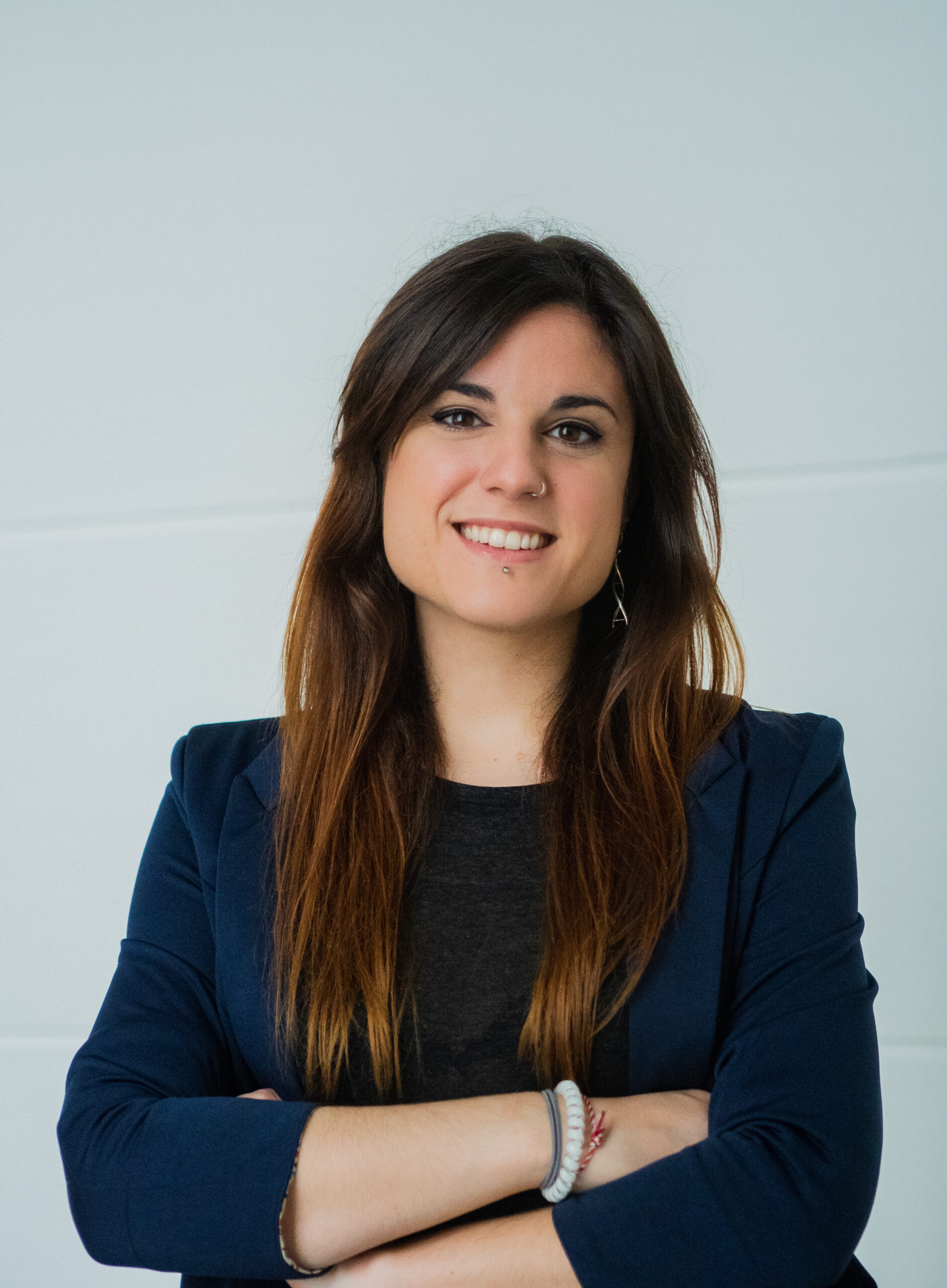
Male, 29 Years, ES; Experience with IBS: ‘I’ve been an IBS patient since December 2017. My experience with this disease has been rather dramatic as it inflicts a lot of pain upon myself and my close ones. I am a deeply committed patient who is always willing to help new reearch in any possible way, and who has been building several networks in the patient community over the last 2 years.’
Female, 22 Years, DE; Experience with IBS: ‘I started to suffer under depressions and anxieties when I was almost 16 years old (I currently am 22 years old). A few months later, a burn-out-syndrome as well. I went to therapy right from the beginning and in 2013, I spent 6 weeks in a clinic for mental diseases which really helped. I also got 2 kinds of medication. I continued to have therapy until one and a half years ago. After about 2 years of taking the medication, my therapist, my doctor and I decided to stop taking the medication which gladly worked out fine. The IBS syndrome was already diagnosed earlier but it became way more intense during my mental disease. During some episodes, I felt nauseaus and had many other symptoms such as digestive problems all the time. Weirdly, my body also developed some food “allergies” during that time. It is way better since my mental health issues are almost “gone”.



